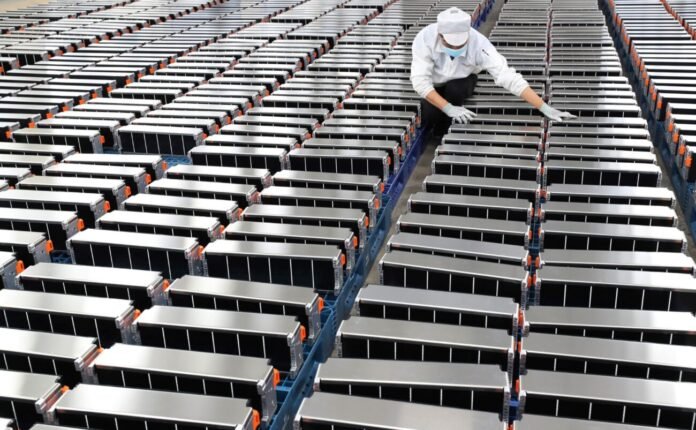Portugal may permit lithium mining by next year, reducing Europe’s reliance on outside sources for a vital component in the worldwide drive to decarbonize the auto sector.
The country in southern Europe is estimated to contain the most lithium reserves. Like nickel and cobalt, lithium has become a coveted raw material since it manufactures electric vehicle (EV) batteries.
Manufacturers are struggling to build low-emission fleets, and the government is attempting to phase out fossil fuel-powered vehicles as part of the fight against climate change.
Portugal’s environment regulator is to deliver its verdict on the licencing of a primary new lithium mine in the northern region is expected to come at the beginning of 2022.
The regulator’s ruling could help Europe’s independent lithium supplies, as lithium is mined mainly in Australia, South America, and China dominates the supply chain.
China controls over 40% of worldwide lithium production and nearly 60% of global lithium refining capacity, making it an economic opponent and a strategic partner in many western capitals.
That could change if a merger between Galp Energia SGPS SA, a Portugal based oil company and Northvolt AB, a Swedish electric battery company, succeeds. Earlier this month, the two businesses agreed to build one of Europe’s largest lithium refineries in northern Portugal.
The project, which is expected to cost over 700 million euros (the US $792.58 million), would process enough ore to create batteries for around 700,000 electric vehicles per year by 2026.
